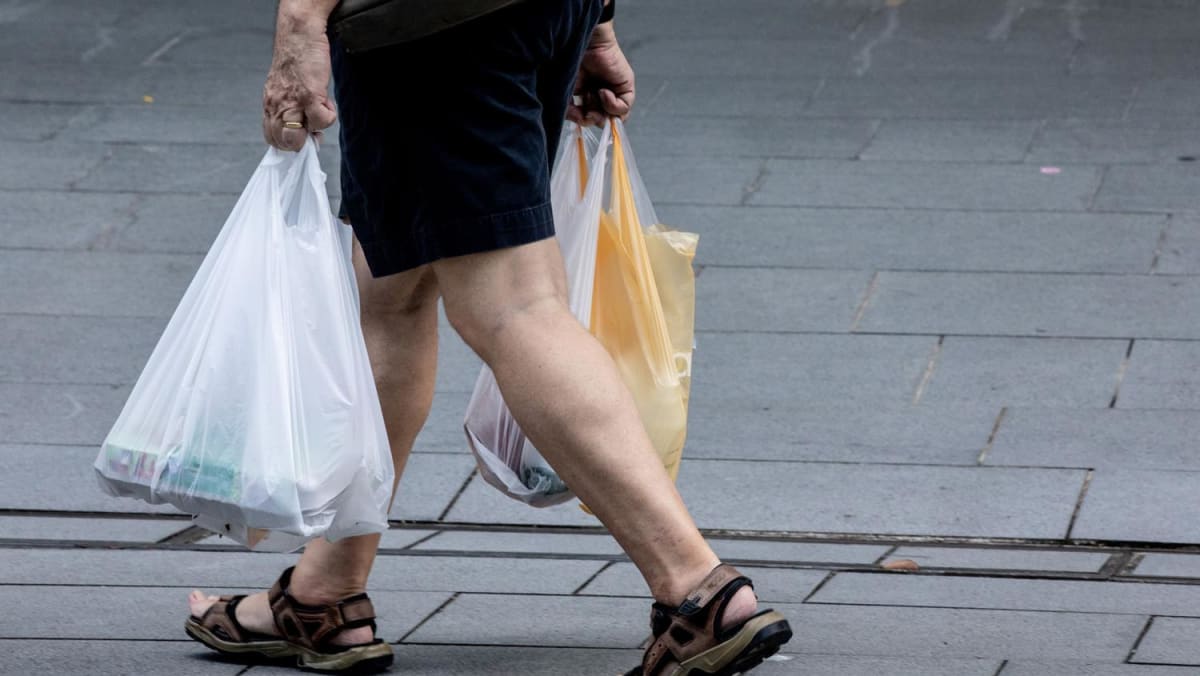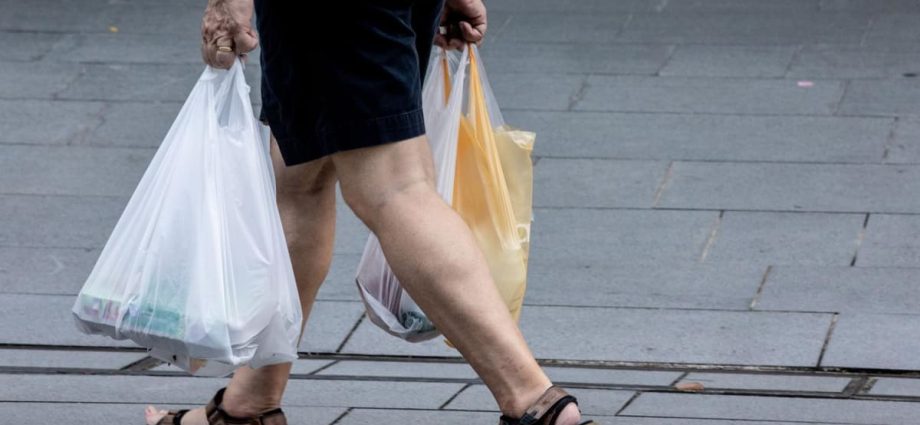
Looking beyond the immediate future, we should be able to discern how our individual efforts contribute to the global fight against single-use plastics. Talks are underway to develop a United Nations treaty on plastic pollution by 2024.
The number of countries taking bolder and more comprehensive actions in this realm is expanding, with citizens becoming increasingly engaged and championing ambitious grassroots initiatives. By recognising the progress made by other countries and their people, the Singapore public can be inspired to rise to the challenge and make bolder contributions.
Implementing a charge for plastic bags is a small step toward fostering a sustainable society in Singapore, and the honour system of paying for them resides in the faith that we will embrace this responsibility.
But it is important to recognise that more than an honour system is needed. The successes of initiatives like community fridges and book exchange corners, which rely on an honour system, demonstrate the potential for positive change when people genuinely care about a cause.
Ultimately, a society that genuinely cares about sustainability will take concrete action. Caring for the environment will not be just another obligation but a shared value that guides our everyday behaviour.
Samuel Chng is an applied social psychologist and heads the Urban Psychology Lab at the Lee Kuan Yew Centre for Innovative Cities at the Singapore University of Technology and Design. Harvey Neo is Senior Fellow and leads the Programme on Urban Environmental Sustainability in the Lee Kuan Yew Centre for Innovative Cities, Singapore University of Technology and Design.

